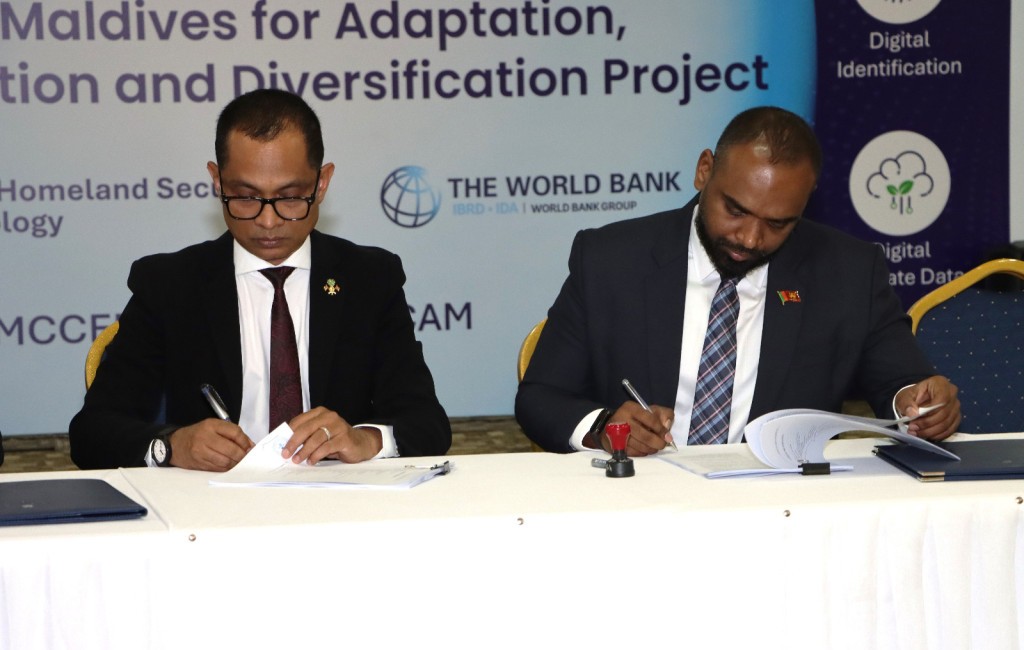To enhance the security and continuity of its digital government operations, the Ministry of Homeland Security and Technology has officially commenced work on a comprehensive Disaster Recovery and Business Continuity Plan (DRBCP). This initiative, focused on ensuring the seamless delivery of essential digital services during times of crisis, is a key component of the World Bank-supported “Digital Maldives for Adaptation, Decentralisation and Diversification (DMAD)” project.

The plan is being tailored specifically for the National Centre for Information Technology (NCIT), the backbone of the government’s IT infrastructure. Responsible for operating the National Data Centre (NDC) and the National Computer Network (NCN), NCIT supports a wide range of digital applications and communication systems used across government agencies.
Sri Lanka-based KBSL Information Technologies Limited, a firm with a strong track record in the IT sector since 1987, has been awarded the contract to develop the DRBCP. The agreement, valued at USD 45,525, was signed by Dr. Mohamed Kinaanath, State Minister and Head of NCIT, and Krishan Perera, Associate Vice President for International Business at KBSL.
Under the terms of the contract, KBSL will complete the work within four months, delivering a plan that aligns with international standards. The project will involve an in-depth risk assessment of NCIT’s aging 22-year-old infrastructure, addressing vulnerabilities to cyberattacks, natural disasters, power failures, and fire hazards. In addition to technical evaluations, the plan will identify the human resources and specialized skills required to maintain continuity in service delivery and offer detailed recommendations for necessary training and capacity building.
The outcome of this project will be a structured operational manual that outlines protocols for disaster response and service recovery, ensuring that digital governance in the Maldives remains resilient and responsive during adverse events.
With digital services forming the foundation of public service delivery, this initiative represents a vital step in modernizing infrastructure and safeguarding the stability of government functions, further reinforcing the Maldives’ commitment to reliable and technology-driven governance.



 advertisment
advertisment




 advertisment
advertisment





